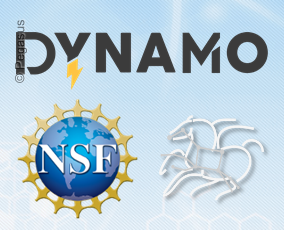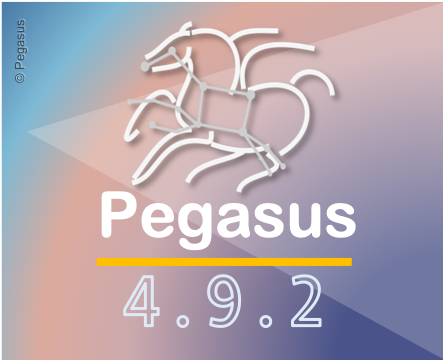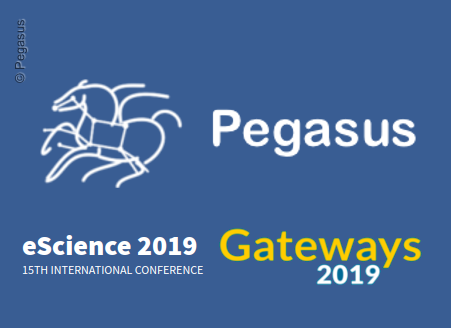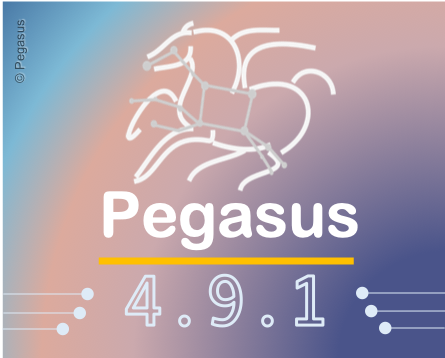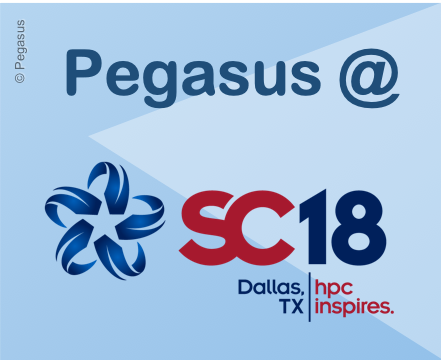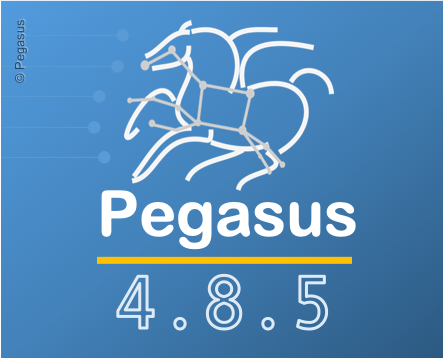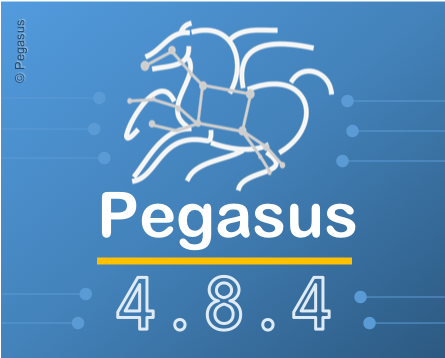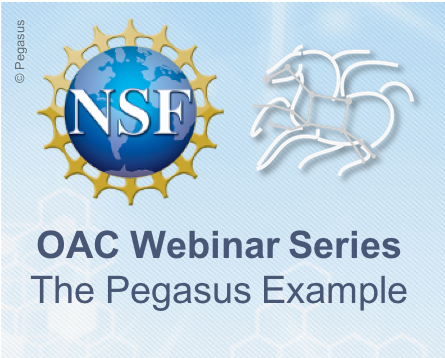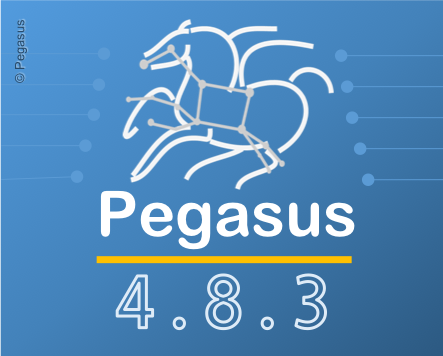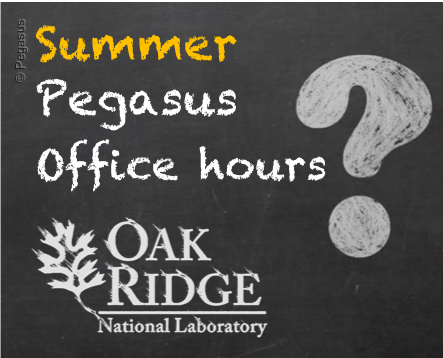Pegasus and Dynamo Aiding Weather Scientists
Computational science today depends on many complex, compute and data-intensive applications operating on distributed datasets that originate from a variety of scientific instruments and data repositories. Two major challenges for these applications are (1) the provisioning of compute resources and (2) the integration of data into the scientists’ workflow. Background … Read More
